Feedback in Quantum Machines 2023


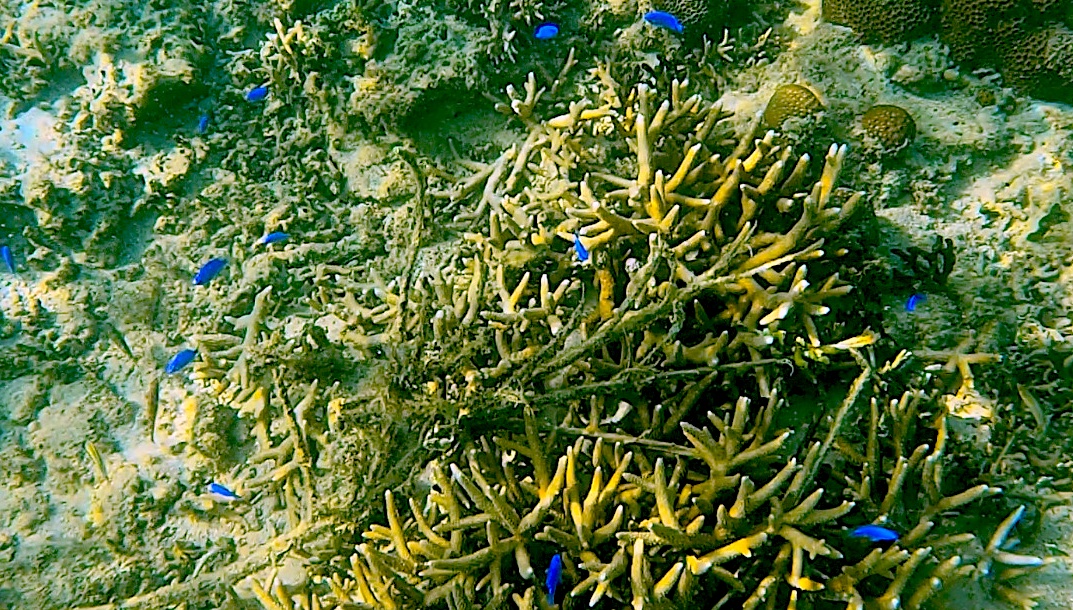
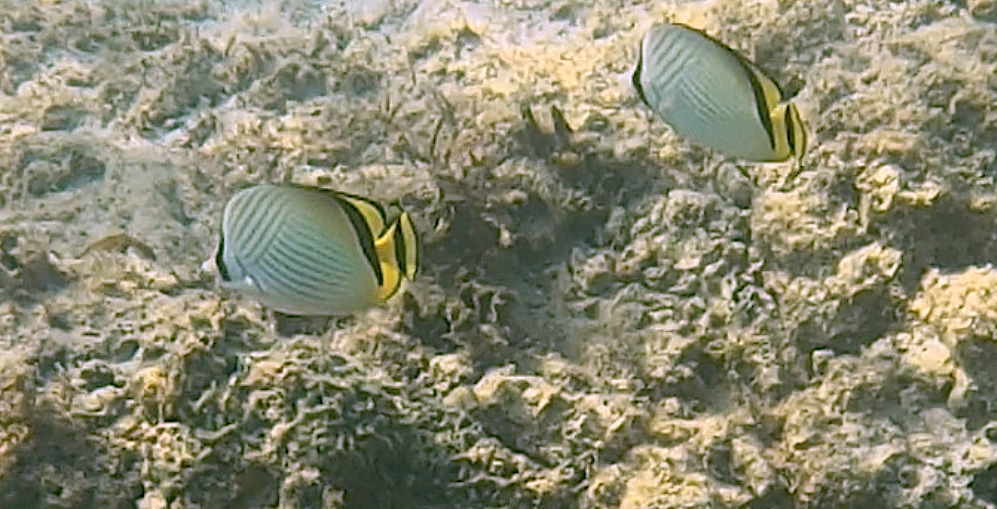
Photos by George Winstone
Nov 27th to Dec 1st 2023, Okinawa, Japan
Feedback control is used everywhere in today's current technologies - everyone that has noise cancelling headphones for example, uses feedback control to cancel out surrounding noise.
In quantum machines - feedback control has been studied theoretically for some years, but only recently has it become to be possible experimentally to develop these ideas. Researchers are now on the cusp of bringing advanced feedback techniques into quantum computing, quantum sensing, and quantum communications.
This meeting brings together theorists and experimentalists, from around to world to share their knowledge on quantum feedback control and advance its potential use in tomorrow's quantum machines.
This workshop is hosted by the Quantum Machines Unit in the Okinawa Institute of Science and Technology Graduate University, Japan.
Click here to register for FQM23!
Registrations close 14th July 2023 - STOP PRESS - Extension of deadline until 28th July. Spaces are limited, and will be allocated to provide a balance between theory and experiment, and experienced and early-career researchers.
If you have any queries, please email us at fqm23@oist.jp.
Workshop Chairs
Prof Jason Twamley - Head of the Quantum Machines Unit, OIST, Japan
Dr W. J. Munro - Head of the Quantum Engineering & Design Unit, OIST, Japan
Schedule and Program
All talks will take place on the OIST Campus in B250 - Sydney Brenner Theatre
Registration will start at 08:30am outside B250 on Monday Nov 27th
Schedule for the meeting - HERE
Long Talk Presenters and Titles - HERE
Short Talks Presenters and Titles - HERE
Poster Presenters and Titles - HERE
Speakers
Prof Kiyotaka Aikawa
Associate Prof at Tokyo Institute of Technology, Department of Physics - heading a group focused on the experimental physics of trapped particles.
Link
Research Interests: Trapped particles, ion traps, levitated motion, feedback cooling.
ResearchGate
Prof Thomas Busch
Professor at the Okinawa Institute of Science and Technology, Japan. Leading the Unit called Quantum Systems Unit - which focuses on theory of neutral atom quantum science
Link
Research Interests: Atom optics, quantum thermodynamics, strongly correlated quantum systems, many-body physics.
Google Scholar
Prof Andre Carvalho
Head of Quantum Control Solutions, Q-CTRL, Berlin, Germany
Link
Research Interests: Quantum Information, Quantum Control, Quantum Optics, Open Quantum Systems, Quantum Thermodynamics.
Google Scholar
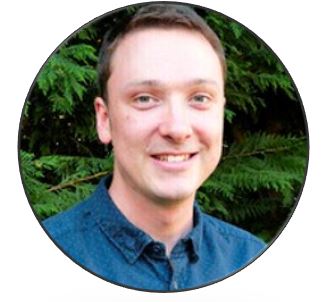
Dr Richard Taylor (Substitute speaker for Prof. Andre Carvalho)
Senior Quantum Solutions Engineer at Q-CTRL
Link
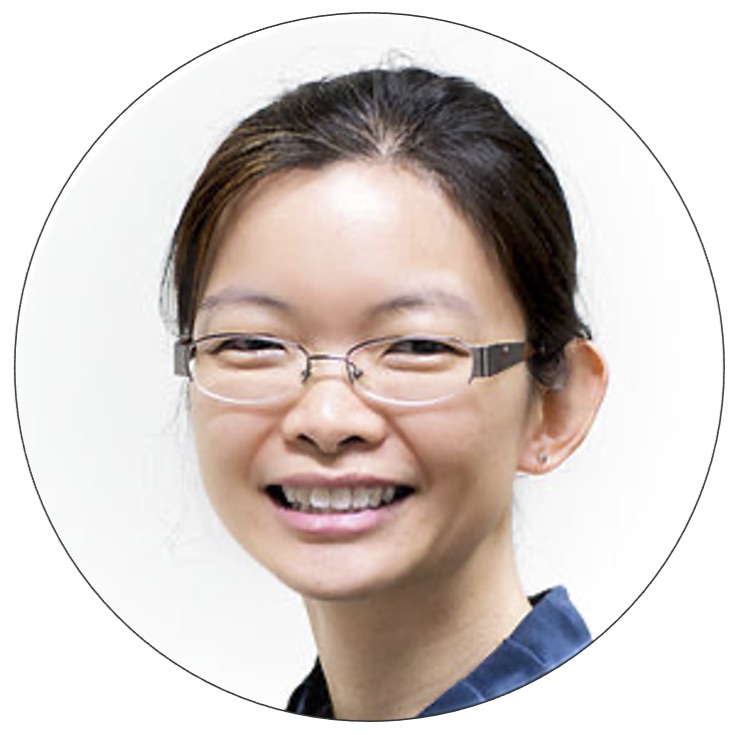
Dr Areeya Chantasri
Department of Physics, Mahidol University, Thailand, with interest in the theory of quantum measurement, feedback, error correction
Link
Research Interests: Theory of quantum measurement science, open quantum systems, feedback, error correction
Google Scholar
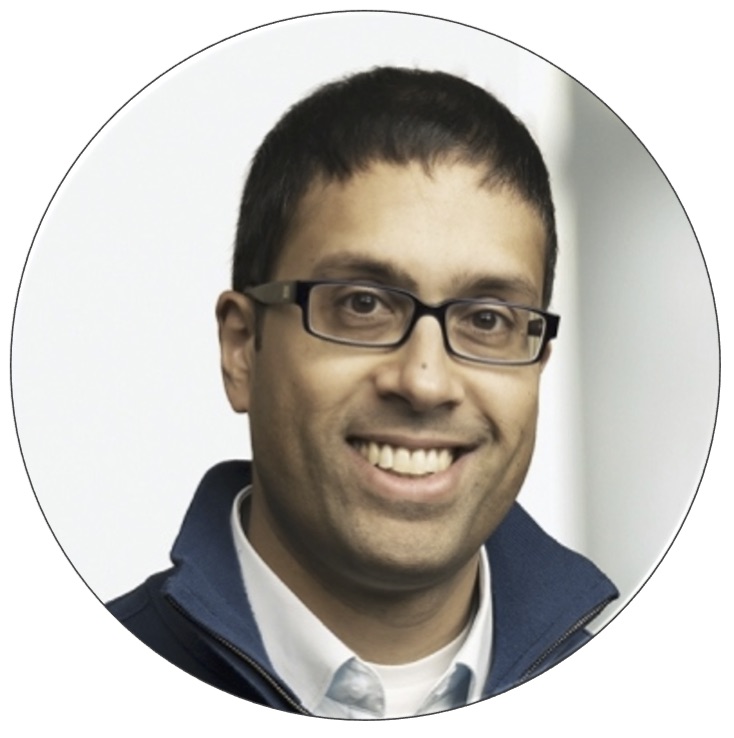
Prof Aashish Clerk
University of Chicago, Chicago, USA, with interests in theoretical condensed matter, quantum optics and quantum information.
Link
Research Interests: Theory of quantum science of condensed matter systems, quantum optical systems, quantum information, quantum feedback, optomechanics etc.
Google Scholar
Prof Christopher Eichler
Prof Dr Christopher Eichler is head of Laboratory for Quantum Science and Technology at Friedrich-Alexander-Universität in Erlangen, Germany. He perform experiments on superconducting quantum information science and technology.
Link
Research Interests:
Superconducting quantum hardware, quantum optics, quantum error correction, quantum feedback control
Google Scholar
Prof David Elkouss
Associate Professor at the Okinawa Institute of Science and Technology, Japan. Leading the Unit called Networked Quantum Devices Unit - which focuses on the theory of quantum communications and networks
Link
Research Interests: Quantum Information Science, quantum communications, quantum networks.
Google Scholar
Prof Fedor Jelezko
Prof Jelezko is the Director of the Institute for Quantum Optics, Universität Ulm, Albert-Einstein-Allee 11, 89069 Ulm, Germany. This institute focuses mainly on developing solid-state based quantum information processors.
Link
Research Interests: Study of diamond-based quantum optics and metrology with applications spanning from biochemistry to quantum information.
Google Scholar
Prof Hideo Mabuchi
Prof Mabuchi is a Professor of Applied Physics at Stanford University, USA. His lab focuses on developing optical quantum technologies.
Link
Research Interests:
Quantum Optics, integrated optics, nonlinear optics, optical quantum computing, nanophotonics
Google Scholar
Prof Mazyar Mirrahimi
Prof Mirrahimi is the Director of Research at INRA and has a post at Laboratoire de Physique de l’Ecole Normale Supérieure, Ecole Normale Supérieure, MINES Paris, Université PSL, Sorbonne Université, CNRS, Inria, 75005 Paris. He is a theorist who has worked extensively on quantum information and feedback control.
Link
Research Interests: quantum measurement and feedback, quantum error correction, superconducting circuits
Google Scholar
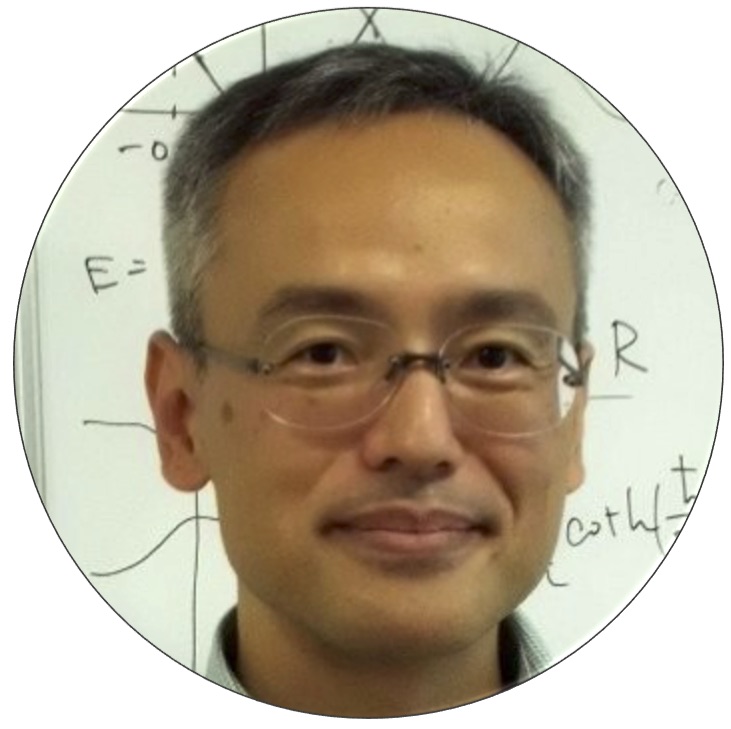
Prof Yasunobu Nakamura
Prof Nakamura is a professor at the Department of Applied Physics, The University of Tokyo, Japan. He is also the Director of the RIKEN Center for Quantum Computing, Japan. He has contributed primarily to the area of quantum information science, particularly in superconducting quantum computing, microwave quantum optics and hybrid quantum systems.
Link
Research Interests: superconducting quantum technologies and quantum information science
Google Scholar
Prof Kae Nemoto
Professor at the Okinawa Institute of Science and Technology, Japan. Leading the Unit called Quantum Information Science and Technology Unit - which focuses on the theory of quantum information science
Link
Research Interests: Quantum Information Science, quantum computing, quantum communications
DBLP listing
Prof Franco Nori
Professor Nori is a Chief Scientist at RIKEN, heading the “Theoretical Quantum Physics Laboratory” at Riken, Saitama, Japan. And also affiliated with the Physics Department of the University of Michigan, Ann Arbor, USA
Link
Research Interests: Quantum science, quantum technology, quantum engineering
Google Scholar
Prof Hiroki Takahashi
Assistant Professor at the Okinawa Institute of Science and Technology, Japan. Leading the Unit called Experimental Quantum Information Physics - which focuses on experimental trapped ion-photonic quantum technology
Link
Research Interests: Quantum Information, Trapped ions, Cavity QED, Photonics
Google Scholar
Dr Nora Tischler
ARC DECRA Fellow, Centre for Quantum Dynamics and Centre for Quantum Computation and Communication Technology, Griffith University, Brisbane, QLD 4111, Australia
Link
Research Interests: Quantum Optics, Nanophotonics, Quantum Sources of Light, Quantum Complexity, Quantum Memory Reduction
Google Scholar
Prof Hiroshi Yamaguchi
Prof Yamaguchi is a Distinguished Research Fellow at NTT, Japan. He works in the topic of nano-mechanics and semiconductors
Link
Research Interests:
Experimental nano-mechanics, semiconductor technologies.
Google Scholar
Code of Conduct
We are committed to making our workshops (workshop(s) organized by OIST, hereinafter “our workshop(s)”) an inclusive space for sharing ideas and knowledge. We will not tolerate disrespectful communication, discrimination, harassment, or bullying in any form. As such, all participants attending our workshops are required to comply with this Code of Conduct. To provide all participants the opportunity to benefit from our workshops, we at OIST are dedicated to a positive, safe and harassment-free experience. Harassment in any form is specifically prohibited.
What is Harassment?
Harassment involves continued antisocial or unreasonable actions that violate a reasonable person’s personal rights and/or dignity and cause mental suffering, and thus worsen the person’s environment or make him/her anxious about participation. Behavior that is acceptable to one person may not be acceptable to another, so we ask that you use discretion to be sure that respect is communicated. Harassment intended in a joking manner nevertheless constitutes unacceptable behavior. Speech that is not welcomed or that is personally offensive, whether it is based on gender, age, sexual orientation, mental or physical disability, ethnicity, national origin, religion etc. will not be tolerated.
If you are being harassed, notice that someone else is being harassed, or have any other concerns, please bring this to the immediate attention of the organizers. If you wish to report an issue concerning the organizers, you can contact the Conference and Workshop Section directly and submit a confidential report by sending an email to workshop-codeofconduct@oist.jp or submitting a report through the webform. All complaints will be taken seriously and responded to by the Provost promptly. Confidentiality will be maintained to the extent that it does not compromise the rights of others. Individuals found in breach of this Code of Conduct will be dismissed from the workshop immediately. Retaliation for reporting harassment is also a violation of Code of Conduct, as is reporting an incident in bad faith.




